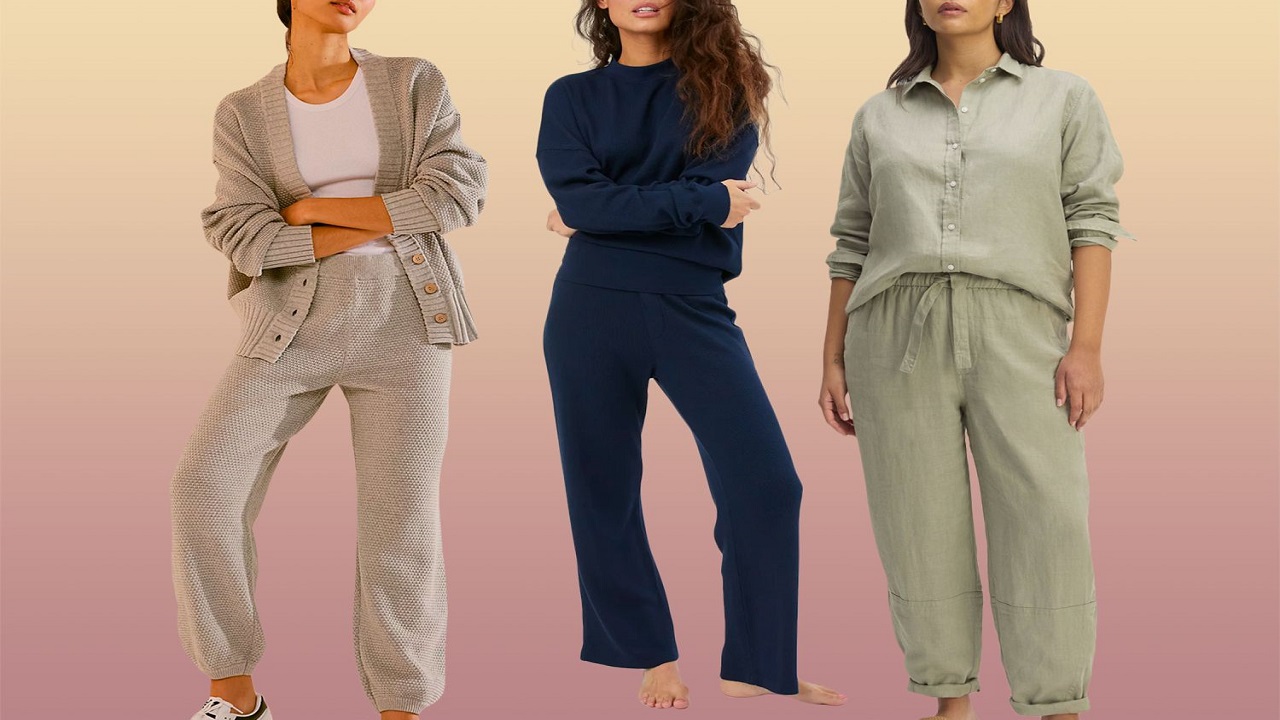It is very important to select a proper clothing manufacturer to succeed in any fashion enterprise. This is so especially because there are so many manufacturers in the market making it difficult to decide on the best one to deal with. Here is a checklist that can be used to enable the analyst to evaluate clothing manufacturers and make the right decision.
Define Your Requirements
Only if you have specified your exacting standards beforehand can manufacturers be compared and assessed. These should all contain the type of garment you want to create, the material you want to use, the estimated cost, and the expected amount of garments you will produce. It will be easier to weed out any potential manufacturer who doesn't fit any of these criteria.
Research Potential Manufacturers
The first step towards identifying potential manufacturers is to draw up a list of relevant contenders. Some common ways are online directories or searches, business networks, industry-specific events, and word of mouth from other companies. Some of the information that should be collected includes the location of each manufacturer, the number of years they have been in operation, and the various specialties they offer.
Assess Quality and Standards
Something very dear to people who deal in cloth manufacturing is the quality of the clothes that are being produced. Ask each manufacturer to provide samples of his work so that you can assess the quality of work that they can deliver. Pay attention to the stitching, quality of fabric, finishing, or any other aspect that gives a well-made look to the garment. Also, learn whether they have quality control measures in place and how they implement them.
Evaluate Manufacturing Capabilities
Make sure that the manufacturer can address your requirements. This involves assessing their capability to produce units within the required time, the time taken before a product is completed, and the ability to accommodate changes in design and material, respectively. The chances are that a manufacturer with sophisticated equipment and employees will deliver excellent equipment and be punctual in meeting due dates.
Consider Ethical Practices
In the context of production, ethical manufacturing is gradually being adopted in the fashion industry. Examine the working conditions, wages, hours of employment, and other factors affecting the workers and the environment. Other attributes like Fair Trade, ISO certification, and other ethical manufacturing certifications can assure people of their engagement in ethical practice.
Check References and Reviews
Get in touch with other companies or brands that might have partnered with your shortlisted manufacturers. People’s opinions and recommendations can help determine the credibility, quality of the manufacturer, and professionalism of the manufacturer. The idea is to be wary of any complaints that repeat themselves but to focus on the positive comments that are made more often.
Compare Costs and Contracts
It is however not the best policy to base the choice of manufacturers on cost alone, one should compare the four pricing models available in the market. Make sure to be clear on what is covered by the fees and exercise caution when the fees are a bit tricky. Due diligence is required in terms of looking at the payment terms, warranties, and provisions that are in case of a dispute.
Conclusion
Choosing a good clothing manufacturer is never easy, and it calls for lots of effort and analysis. When choosing a potential fabric supplier, it is critical to define your needs, evaluate quality and capacity, and examine ethical standards, references, and costs that will promote your fashion business.


